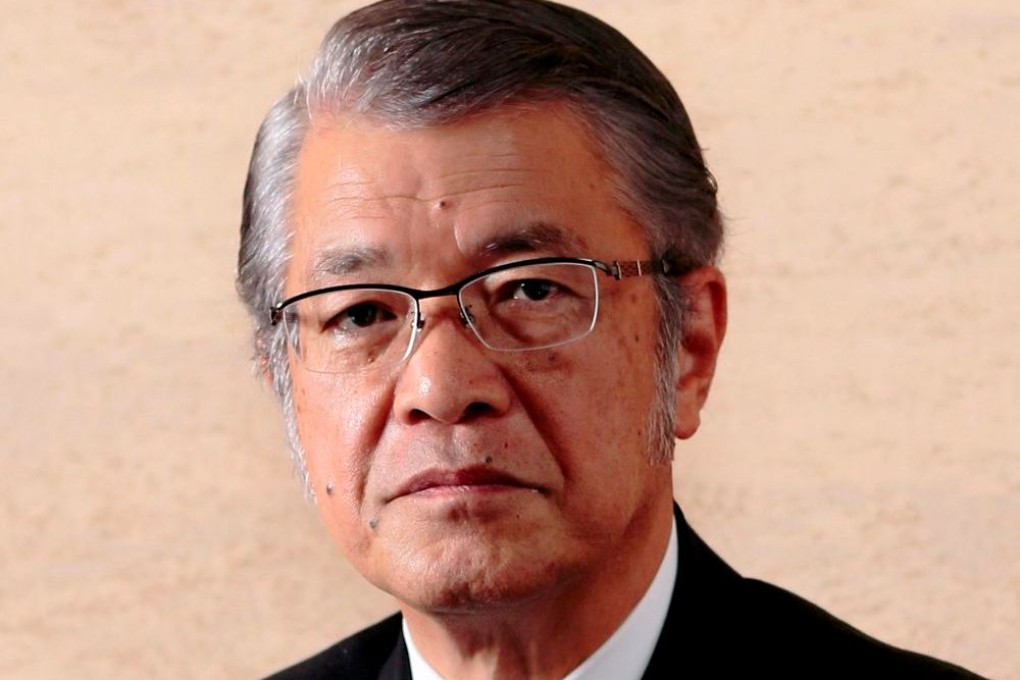Tokyu Fudosan spearheads transformation towards 2020 Olympic Games
The much-anticipated 2020 Olympic Games are set to showcase Japan's transformation since the country first hosted the international sporting event in 1964. Much like athletes training to earn the Olympic gold, various industry champions are gearing up to develop and redevelop Japan's urban landscape in time for the influx of global guests - and among the frontrunners is property developer Tokyu Fudosan Holdings Corporation.

The much-anticipated 2020 Olympic Games are set to showcase Japan's transformation since the country first hosted the international sporting event in 1964. Much like athletes training to earn the Olympic gold, various industry champions are gearing up to develop and redevelop Japan's urban landscape in time for the influx of global guests - and among the frontrunners is property developer Tokyu Fudosan Holdings Corporation.
Tokyu Fudosan enjoys a proven track record particularly in the Tokyo metropolitan area, covering a wide-ranging business domain - from residential, office, commercial and senior-oriented spaces to retail, agency, and management and renovation sectors. Spearheading the Shibuya Station area redevelopment and Ginza 5-Chome construction projects, it is confident that its large-scale developments in the run-up to the Olympics will translate into real appeal for investors and tourists alike.
"We take pride in making significant contributions to the revitalisation of Tokyo and Japan as a whole," says Kanazashi Kiyoshi, Tokyu Fudosan president and representative director. "One of our most important priorities ahead of the Olympics is to turn Tokyo into a city people want to visit. We believe improving these strategic areas will help make the city more appealing and highly entertaining."
Beyond 2020, Tokyu Fudosan is also committed to helping Japan address bigger challenges such as a budget deficit and a declining population due to ageing demographics and dwindling birth rates. In confronting these issues,
the company believes it is important to make Tokyo a truly globalised city.
"To do that, we intend to push ahead with development, particularly in central parts of Tokyo, and to focus our attention on resolving social issues through our operations," Kiyoshi says. "The key is building on and keeping our customers' trust by seeing through their point of view, while constantly making value-added innovations."
